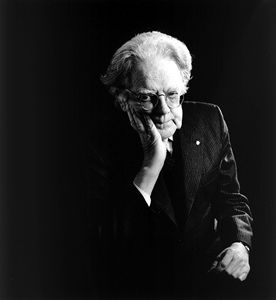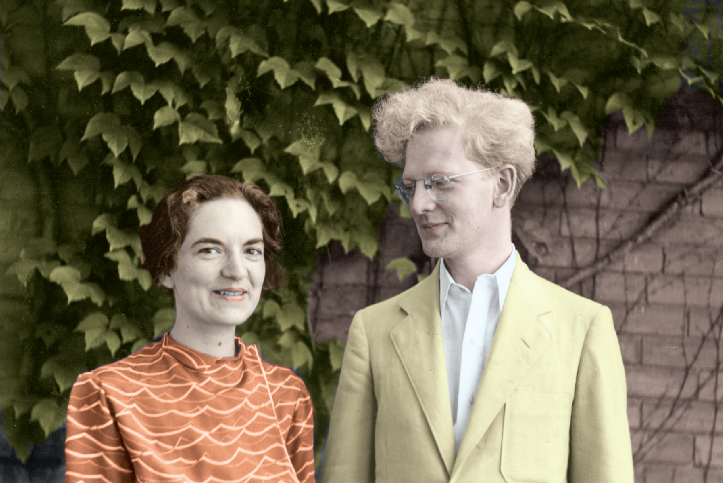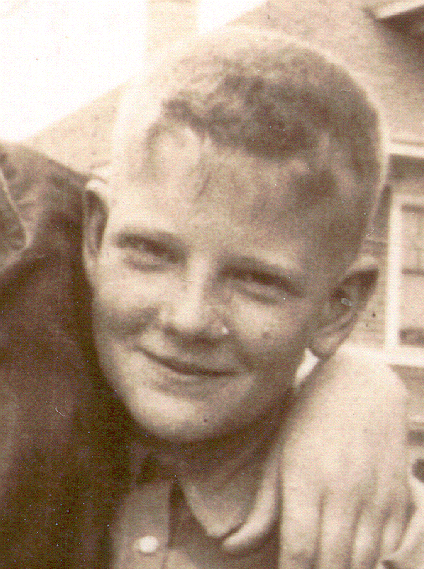
From “Convergences: Memories Involving The Waste Land Manuscript,” an essay by Patrick J. Keane in Numéro Cinq
“. . . But to return to the summer of 1968: That August, I was in Sligo, Ireland, a student at the Yeats International Summer School. Along with my enthusiasm for Yeats, I bore greetings from one great scholar of Romanticism to another: from one of my current teachers, David Erdman, author of Blake: Prophet Against Empire, to the keynote lecturer at that year’s Yeats gathering, Northrop Frye, at the time the most celebrated literary critic in the world, and the author of an equally formidable study of Blake, Fearful Symmetry. After Frye delivered his magisterial lecture on the imagery of Yeats, entitled “The Top of the Tower,” I was one of those who flocked to the podium. But I stayed at the periphery, too shy to approach the great man. Later that evening, when Frye, followed by a small entourage, entered the dining room of the Imperial Hotel, he noticed me at a table and walked over.
“You wanted to ask me a question this afternoon,” he said. A fundamentally shy man himself, he had been sensitive enough to spot me on the fringe of the crowd after his lecture, and gracious enough to follow up. I stammered out my greeting from Professor Erdman. “How is David?” Frye asked. I assured him he was well, and was amused when Northrop Frye made a comment symmetrical to that of David Erdman. Each declared the other’s Blake study indispensable and each said he would not have been capable of writing the other’s book. Later that evening, Frye’s shyness was confirmed when I noticed him tenderly holding his wife’s hand under the table during a dramatic performance, in a pub, of Brian Merriman’s bawdy 18th-century poem, The Midnight Court. And five years later, he would confirm his graciousness by allowing me to print “The Top of the Tower,” free of any permissions charge, in a collection of criticism on Yeats I edited for a volume in McGraw-Hill’s Contemporary Studies in Literature series.”




